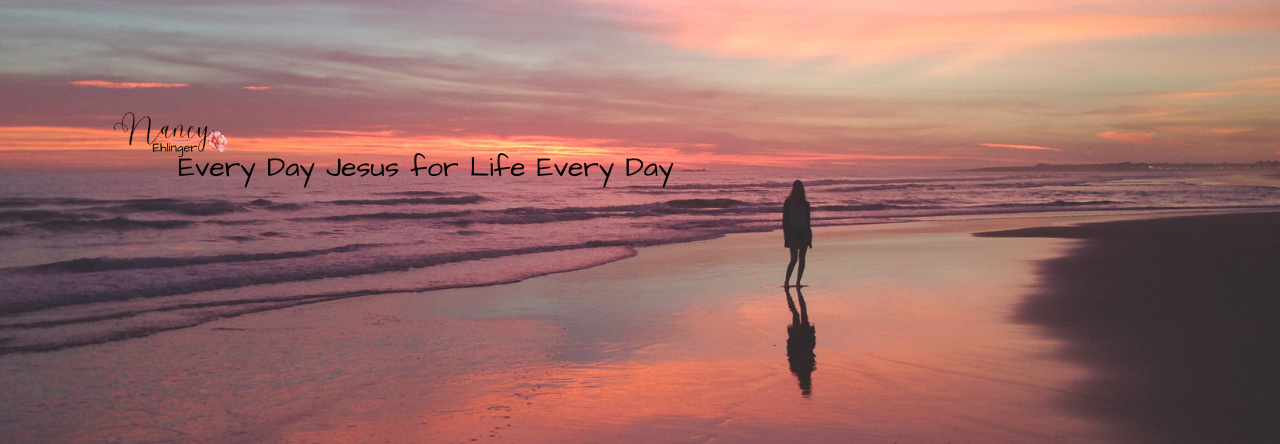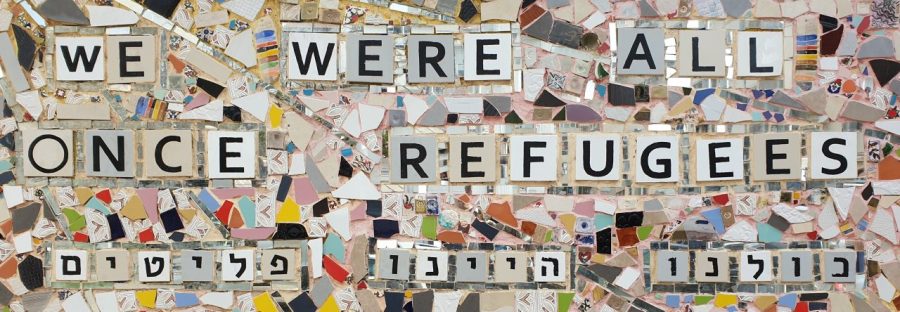Our Scene opens at a border crossing. An animated conversation between two men has become heated. A woman and child behind him clutch all they own. Tired. Dirty.
His face creased with worry; the husband pleads with the guard.
“Sir, we have traveled hundreds of miles to escape certain death. Please allow us refuge in your country. Every boy is being slaughtered. Blood is running in the streets of our town.”
Their last hope dies as the guard speaks. “Go home and return to your own country. Get your paperwork in order. You and your people have caused our country enough anguish. All our firstborns lay dead, our crops decimated. Our rivers turned to blood.
Now you want refuge from certain death. No. Go. Home.”
(Spoiler alert: this isn’t really what happened)
There is currently a meme going around on the number one news platform for most people, Facebook. It depicts a politician sprinkling flags from Honduras, Guatemala, Nicaragua, and Mexico over the state of Massachusetts.
Maybe it is more comfortable to picture flags. It allows us to build our walls with objects. Flags are inanimate. They are not living, breathing mothers, daughters, fathers, or sons. A flag only bears the image of the country they represent.
Each one of those flags represents Imago Dei, an image bearer of God. Created by God. Instead of flags, maybe the image we should see is the one from our opening scene.
Joseph, Mary, and Jesus. Fleeing certain death. Not certain death for Mary and Joseph. They didn’t flee their own home to save themselves. They left what they knew to seek refuge in the very same country God saved his people from hundreds of years before. Joseph and Mary took Jesus and fled to the very place that had enslaved the Israelites.
They fled not only Herod the Great, killing all the boys under the age of two. They also fled the religious leaders, the scribes, the Pharisees, the Sadducees, and even the temple priests who stood by silently watching the horror.
The Temple in Jerusalem was more political than religious, more interested in representing Rome and the interests of Caesar than taking care of the people they were called to serve.
Instead of those flags, imagine Joseph, Mary, and a little boy, Immanuel; Jesus left miles outside a city with nothing. Still clinging to hope.
Amnesty International defines a refugee as “a person who has fled their own country because they are at risk of serious human rights violations and persecution there. The risks to their safety and life were so great that they felt they had no choice but to leave and seek safety outside their country because their own government cannot or will not protect them from those dangers. Refugees have a right to international protection.”
These refugees walked nearly 3,000 miles from their homes in Venezuela. To seek refuge in a country where many claim the Bible as its foundation.
They walk for days, weeks, and months. Leaving a lifetime of memories. A land devastated by political, economic, and health crises. Most leave only with the clothes they can fit in a backpack or rolled in a blanket. Little food and what money they may have, is not worth the paper it’s printed on. The only hope they see is before them.
Hope is offered to them in a brochure. Come, we will feed you, clothe you, we will free you from your prison of despair. Come. Follow me.
“And what does the Lord require of you but to do justice, and to love kindness and to walk humbly with your God?” (Micah 6:8)
These refugees bear the same image I do. The same image you do. All these mothers, fathers, grandfathers, grandmothers, sons, daughters, and babies are nothing more than pawns in some perverted political game.
Have we become so entangled with Caesar we only see flags?
Only the light of love will drive out darkness. Walls of division will never reflect the light of God’s loving-kindness. His steadfast love. As Image Bearers, we are called to reflect God’s love.
You see, I didn’t see that meme on just anyone’s news feed. It was on the feed of someone who comes to church every week.
“For I was hungry and you gave me no food, I was thirsty and you gave me no drink, I was a stranger and you did not welcome me, naked and you did not clothe me, sick and in prison and you did not visit me.’ Then they also will answer, saying, ‘Lord, when did we see you hungry or thirsty or a stranger or naked or sick or in prison, and did not minister to you?’ Then he will answer them, saying, ‘Truly, I say to you, as you did not do it to one of the least of these, you did not do it to me.’” (Matthew 25: 42-45)

